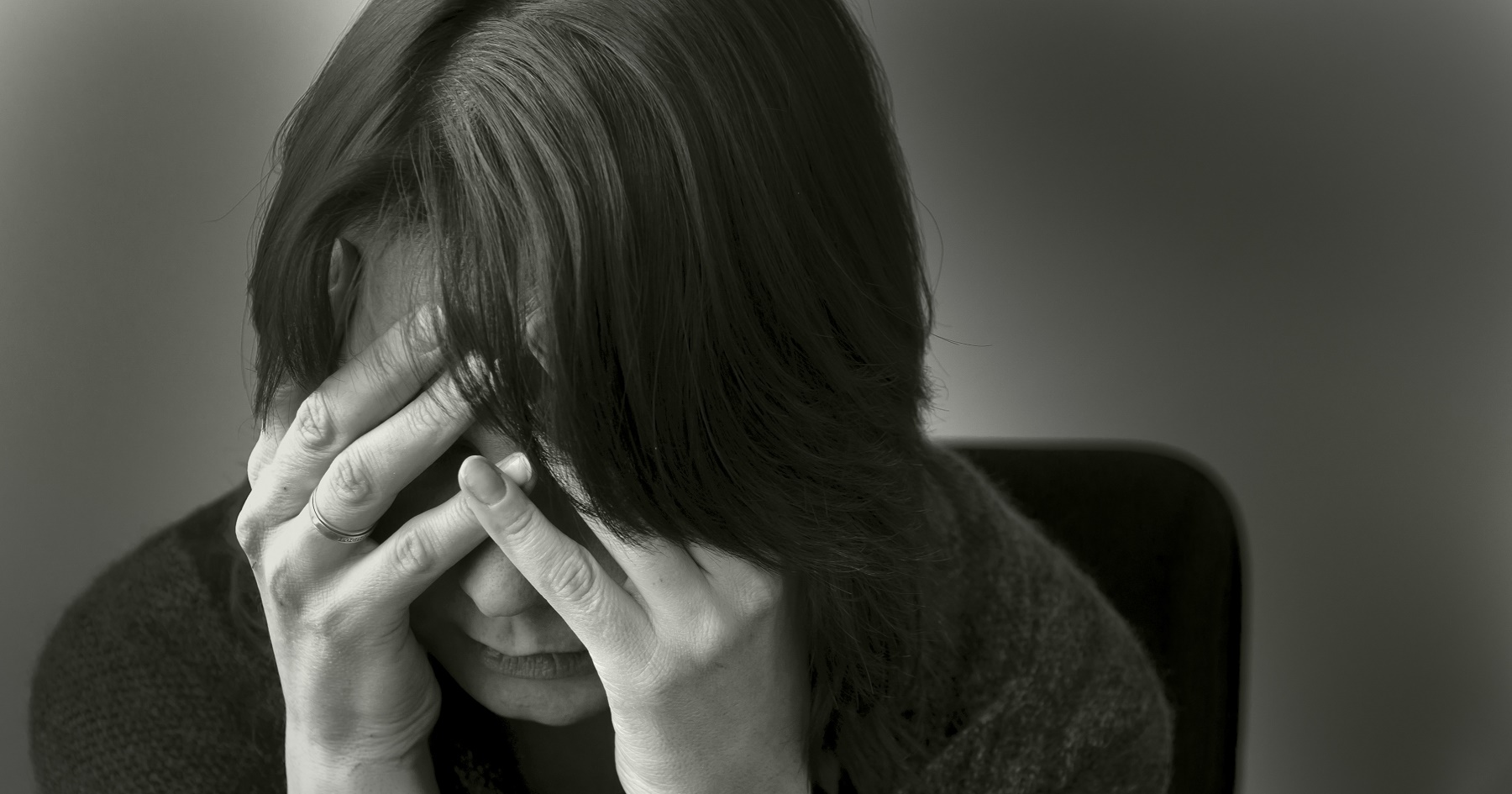This Diet Has People Actually Trying to Sleep The Weight Away to Drop Pounds
By:
At this point, it would probably be more surprising if there wasn't a new diet plan making the rounds on the internet. And because the word "diet" offers such a wide umbrella, everything from healthy habits to downright dangerous behaviors can often be lumped together in the same somewhat benevolent categorization.
The latest emerging trend that falls under the later category: enter the Sleeping Beauty Diet.
As Broadly reported, "The diet recommends sleeping for unnaturally long stretches at a time, sometimes with the aid of sedatives, as a way to avoid the temptation of food." However, health experts are quick to point out that this diet is problematic for a variety of reasons.
 Stocksy/Aleshyn_Andrei - stocksy.com
Stocksy/Aleshyn_Andrei - stocksy.com
Apparently, the origins of the Sleeping Beauty Diet are found in Jacqueline Susann's 1960s bestseller "Valley of the Dolls," which saw one character going to a Swiss "sleep clinic" to lose weight. Elvis Presley is also cited as another proponent of the Sleeping Beauty experiment.
As with many problematic diet plans, there is the kernel of a good idea at the core. Yes, getting a good night's sleep is good for you. So, books like "The Sleep Doctor's Diet Plan" by Dr. Michael Breus, which emphasize exercise before bed and abstaining from caffeine or alcohol for at least seven hours before you sleep, don't seem too outrageous on the surface.
However, there is the potential for abuse.
For starters, if any regimen is aided by the use of sedatives, there's the potential for addiction. As Dr. Tracey Wade, a professor at the Flinders University School of Psychology, explained to Broadly regarding the diet, "if people have to rely on medications to produce sleep—particularly [meds] like benzodiazepines, which are addictive—it's putting the person at risk of addiction."
Wade also posited that those who turn to the diet will be limiting their social interaction, which can lead to depression. Which of course, is a trigger for disordered eating. "It sounds like it would actually just push people more firmly into the vicious cycle that the eating disorder creates," she said.
The science is bunk as well.
Even beyond the mental health and addiction issues that Wade invokes, there are scientific inconsistences. As William J. McCarthy, adjunct professor at UCLA Fielding School of Public Health told ATTN:, the plan also increases the amount of time a person spends at their basal metabolic rate—the amount of calories you burn when your body is at rest. "By expanding the amount of time when your metabolism is at rock bottom, how does that help you burn more calories by the end the day?" he said.
McCarthy explained that this time deficit could lead to higher intensity exercise routines. "You would have to then engage in even higher metabolic activities to keep up," he said. In turn, this increases the risk of injuries and fatigue, leading, once again, to inactivity and depression.
 Bigstock/Oleg Golovnev - bigstockphoto.com
Bigstock/Oleg Golovnev - bigstockphoto.com
The implicit risk of dieting.
As the Center for Eating Disorders at Shepard Platt in Baltimore pointed out in their report on the causes of eating disorders, "Dieting is the most common precipitating factor in the development of an eating disorder," and that, dieting can intensify "feelings of guilt and shame around food which may ultimately contribute to a cycle of restricting, purging, bingeing or excessive exercise."
As ATTN: has previously reported, up to 30 million Americans of all ages and genders currently suffer from an eating disorder. Furthermore, eating disorders have the highest mortality rate of any mental illness.
And this is where discussions of all diets, like the Sleeping Beauty Diet, must invariably turn. Because hidden under the relatively placid sounding name, which conjures up images of fuzzy Disney comfort, the stakes couldn't be higher.
